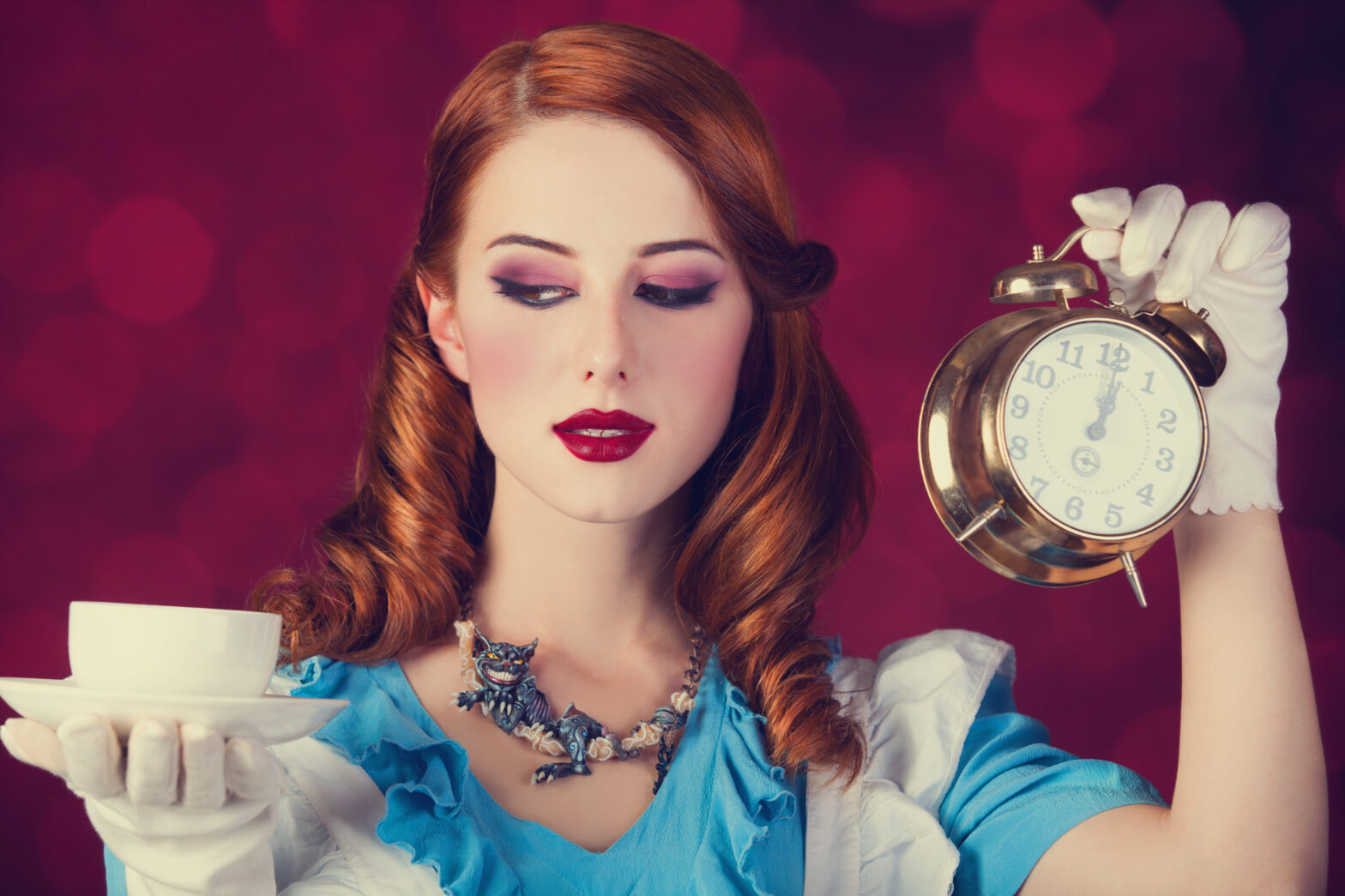Here are the tax dilemmas faced by a few of the characters currently gracing the UK’s theatre boards this panto season.
Sleeping Beauty
In Sleeping Beauty, the good fairies brought intangible gifts, a series of good wishes, to the baby princess. Would they be able to claim tax relief on those gifts in their accounts?
Let’s ignore the fact that the wishes didn’t cost anything (as they’re generated by magic) and assume that the good fairies paid for them. Let’s also assume the fairies are employees of their own limited company. Because gifts count as part of entertaining, their employer would only be able to claim tax relief on these wishes if:
- they were not gifts of food, drink or tobacco, and
- they carried an advertisement for the donor, and
- they were small gifts costing under £50 per recipient per year.
Wishes aren’t food, drink or tobacco, but they can’t carry an advertisement for the donor, so that would appear to prevent a claim of tax relief.
Cinderella Is Cinderella’s ballgown an item of clothing on which she could claim tax relief? The answer would be yes if Cinderella wore the ballgown in any of the following ways in order to do her job;
- as a uniform, or
- as protective clothing, or
- as an entertainer’s costume.
However, to fully answer the question we have to look at what Cinderella’s job actually is: is she employed as a scullery-maid, or is she the daughter of a noble house?
If she is employed as a scullery-maid, then her ballgown wouldn’t qualify for any of the above exceptions and so it wouldn’t be eligible for tax relief.
And being the daughter of her father’s house isn’t a job; it’s who she is, so she couldn’t legally claim any tax relief in that case either.
Cinderella also wouldn’t be able to claim any tax relief on her clothes by arguing that they’re vital for securing a new job (ie, the role of Princess).
After all, HMRC won’t let you claim for a new suit that you buy for a job interview, even if you intend to wear exclusively for work, because you could potentially use that suit for personal use. The same would be true for a ballgown.
Sinbad the Sailor
As a seafarer, Sinbad would have to check the rules carefully to see if he would be liable to have UK National Insurance deducted from his wages.
If his ship is registered in the UK, the Isle of Man, Bermuda or another country that has a reciprocal arrangement with the UK, then he would have to pay UK NI.
He would also have to pay UK NI if his employer is based in the UK, even if his ship is registered elsewhere in the world. These are the rules he would need to follow.
Peter Pan
Was the fairy Tinkerbell an employee of Peter Pan and The Lost Boys, or was she an independent worker? The three key criteria HMRC use in this case are:
- Is Tinkerbell under the control of Peter and the boys? In other words, can, and do, they tell her what to do and when, and does she have to obey them?
- Does Peter have to provide Tinkerbell with work? Once given to her, does she have to do this work?
- Can Tinkerbell send another fairy to take care of Peter and the boys, or does she have to do the work herself?
Let’s take these one at a time. Firstly, although she does sometimes do as she’s asked, Tinkerbell very much acts independently, for example, drinking the poison Hook meant for Peter, and encouraging the boys to shoot Wendy.
Secondly, Peter doesn’t have to give Tinkerbell work to do. And lastly, we don’t hear mention of any other fairies that Tinkerbell could send as a substitute for herself.
That is two out of three in favour of Tinkerbell being an independent worker, so I would argue that this is what she is, rather than being an employee of Peter and the boys!
She does however need to make sure she’s up to speed with all the rules for these kinds of businesses, especially when it comes to complicated issues like IR35.
Alice in Wonderland
Alice eats a cake, and drinks liquid, that changes her size. Could she claim tax relief on that food and drink if she’d bought it? If Alice is a sole trader, she would be able to claim the cost of food and drink only if;
- she’s on a journey outside the normal pattern of her business, or
- she’s away from home on business overnight, or
- her business is by nature itinerant.
Being in Wonderland is very much outside the normal pattern of Alice’s life, so my opinion is that if she had bought that cake and drink, she could have claimed tax relief on it.
Emily Coltman is chief accountant at FreeAgent.





